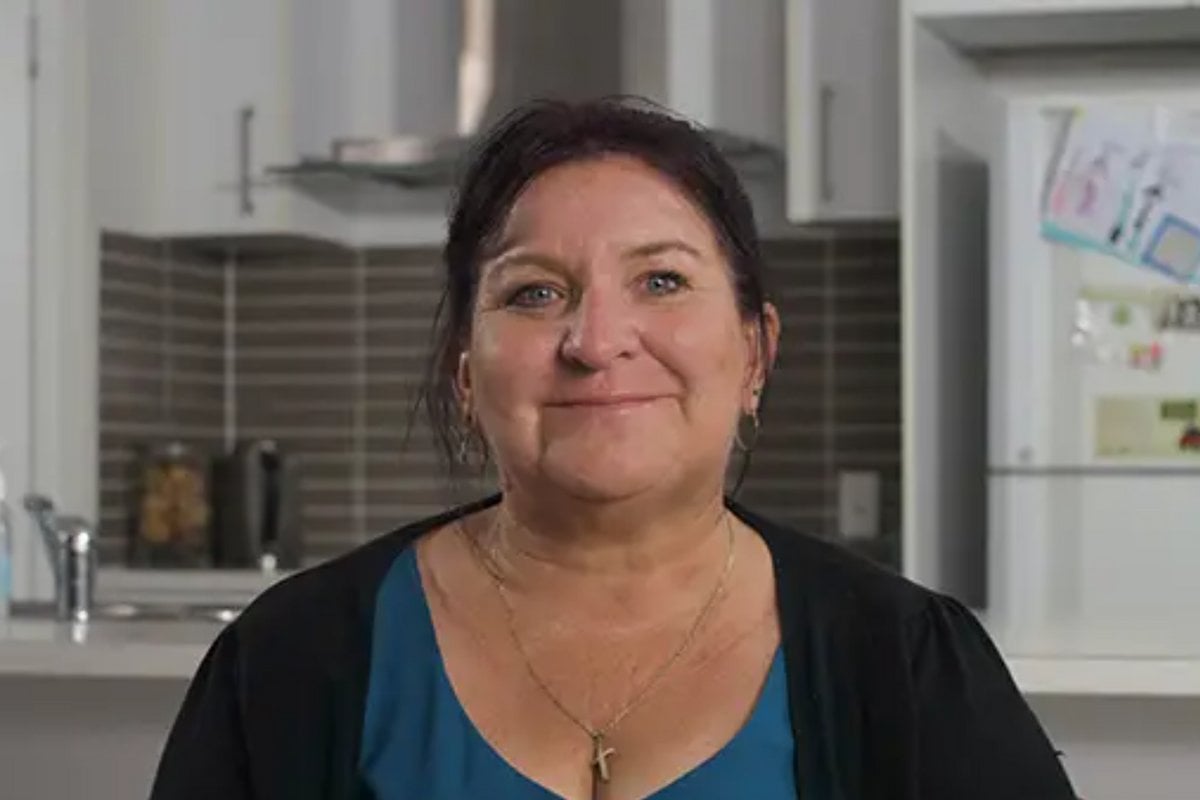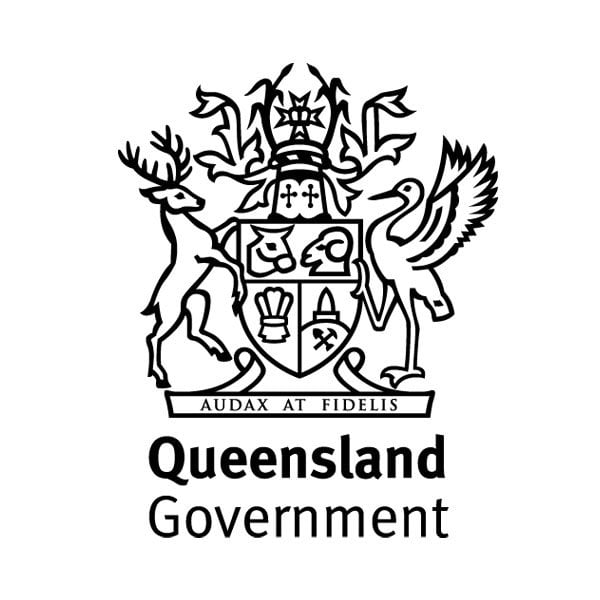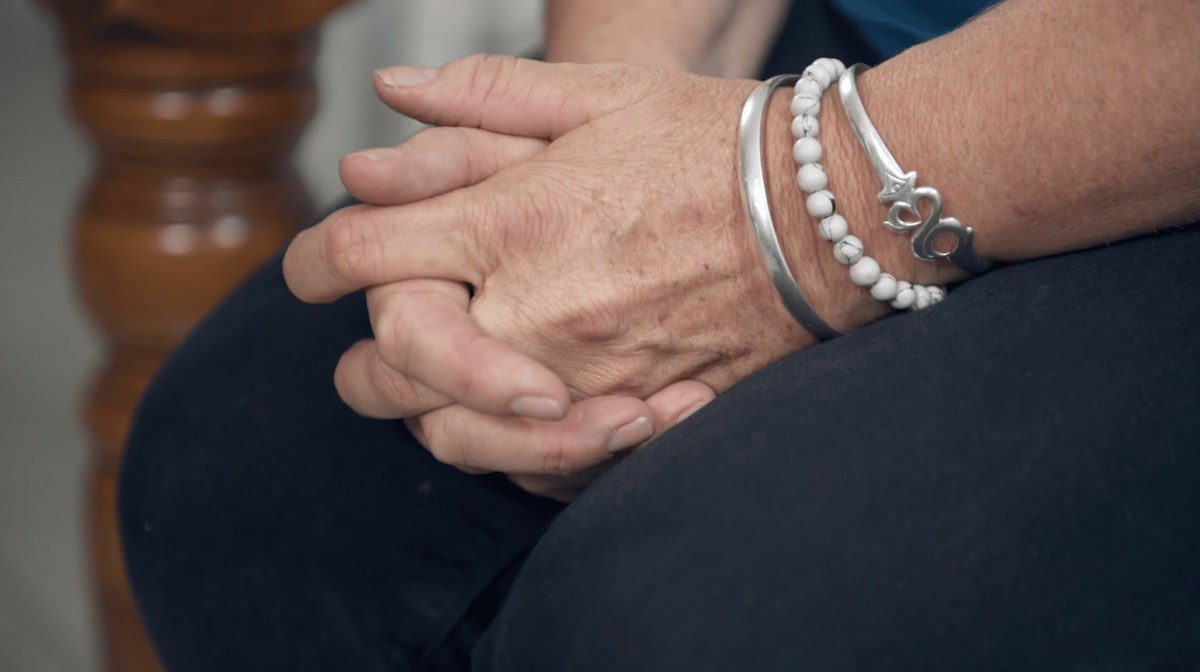

This post deals with suicide and might be triggering for some readers. If you or a loved one need help, call the 24-hour Lifeline Australia crisis hotline on 13 11 14 or reach out to Beyond Blue on 1300 224 636.
The image still burns in Lea-Anne’s memory.
It's a permanent scar that causes piercing pain every time she remembers.
Six years ago, on an otherwise ordinary Friday night, Lea-Anne walked into her laundry to a scene not even her worst nightmare could conjure.
In front of her was her husband – the love of her life and the father of her children – trying to end his life.
“It was just gut-wrenching to think that the person who I loved so much in this world, who was my soulmate, had got to the point where he wanted to take his own life,” she remembers of that moment.
What Lea-Anne learned that night was incredibly hard to understand. Her husband, she discovered, had been using ice. For the past two years, he had been hiding every hit he took, every high he had, and every low he endured.
With the facade of long and arduous work hours, Lea-Anne’s husband kept his addiction a secret from his wife and their five children. Lea-Anne thought his “tired, reserved and grumpy” personality-change was a result of him working six days a week.
In reality, though, it was his addiction to crystal methamphetamine, or ice – a drug that has seen a worrying rise in Queensland, where Lea-Anne and her husband live.



